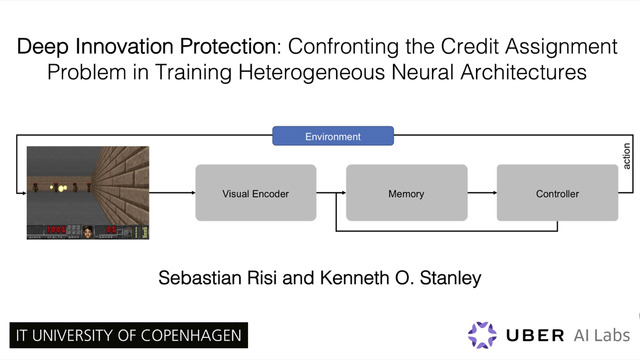Abstract:
Despite the sublime success in recent years, the underlying mechanisms powering the advances of reinforcement learning are yet poorly understood. In this paper, we identify these mechanisms - which we call ingredients - in on-policy policy gradient methods and empirically determine their impact on the learning. To allow an equitable assessment, we conduct our experiments based on a unified and modular implementation. Our results underline the significance of recent algorithmic advances and demonstrate that reaching state-of-the-art performance may not need sophisticated algorithms but can also be accomplished by the combination of a few simple ingredients.









































